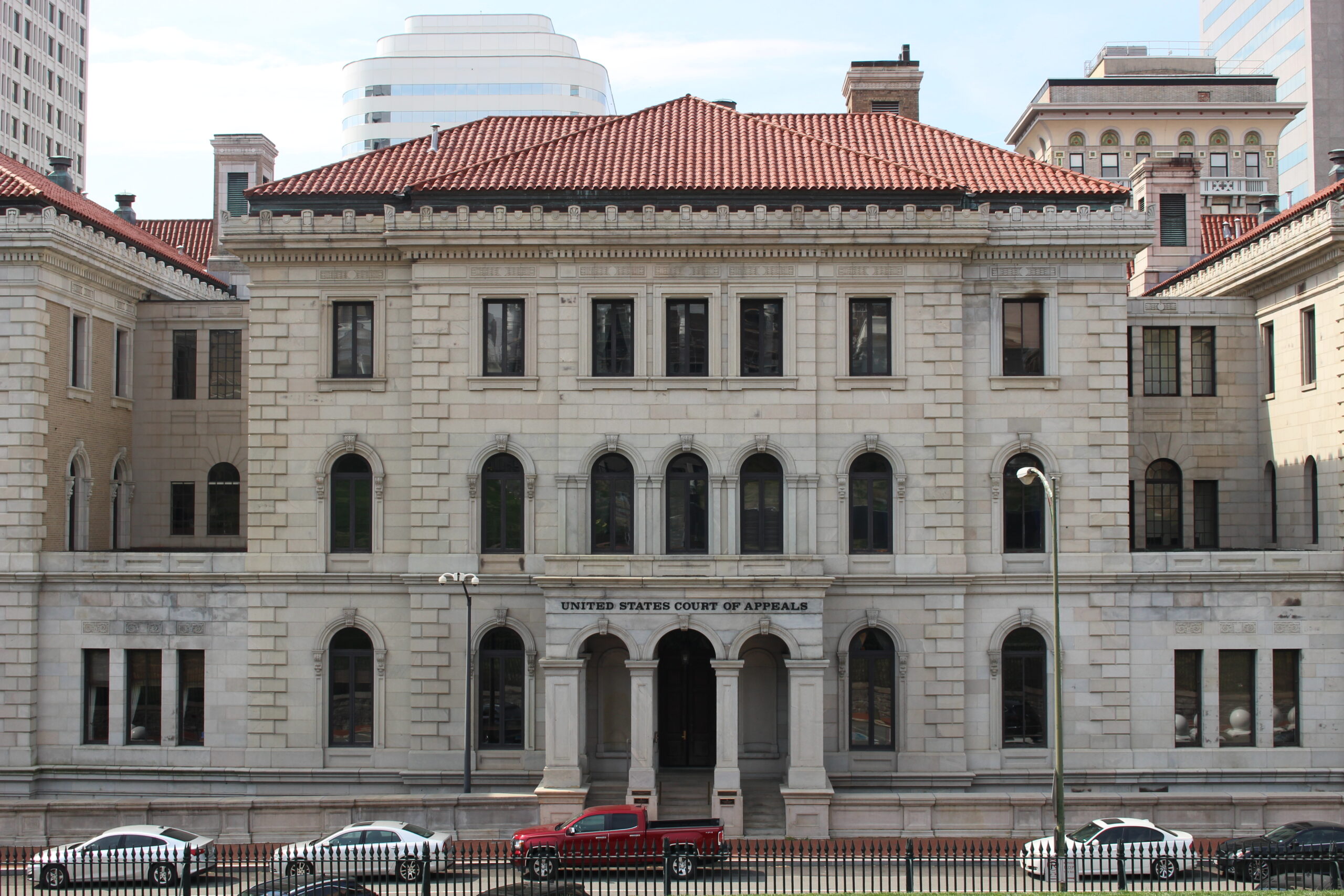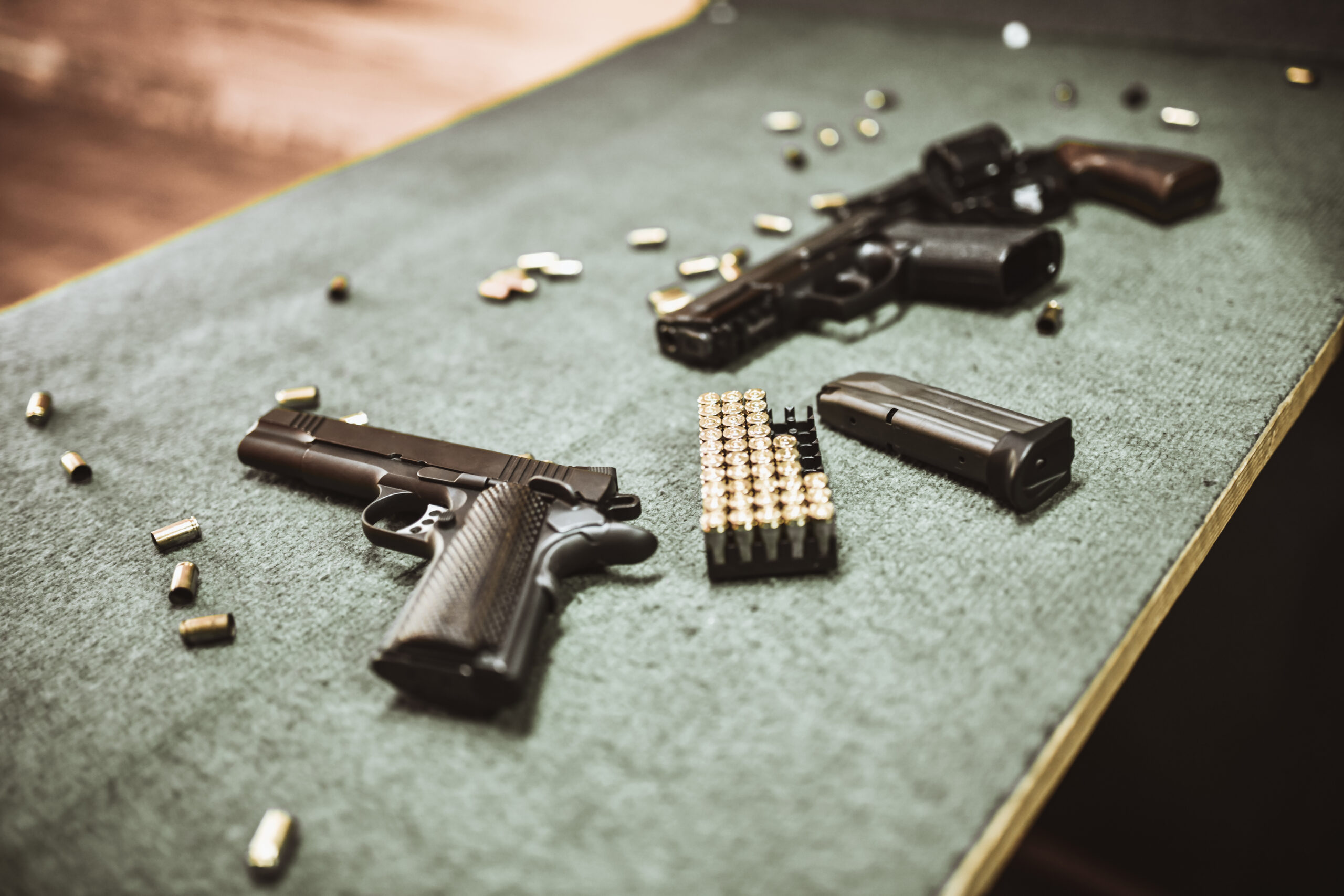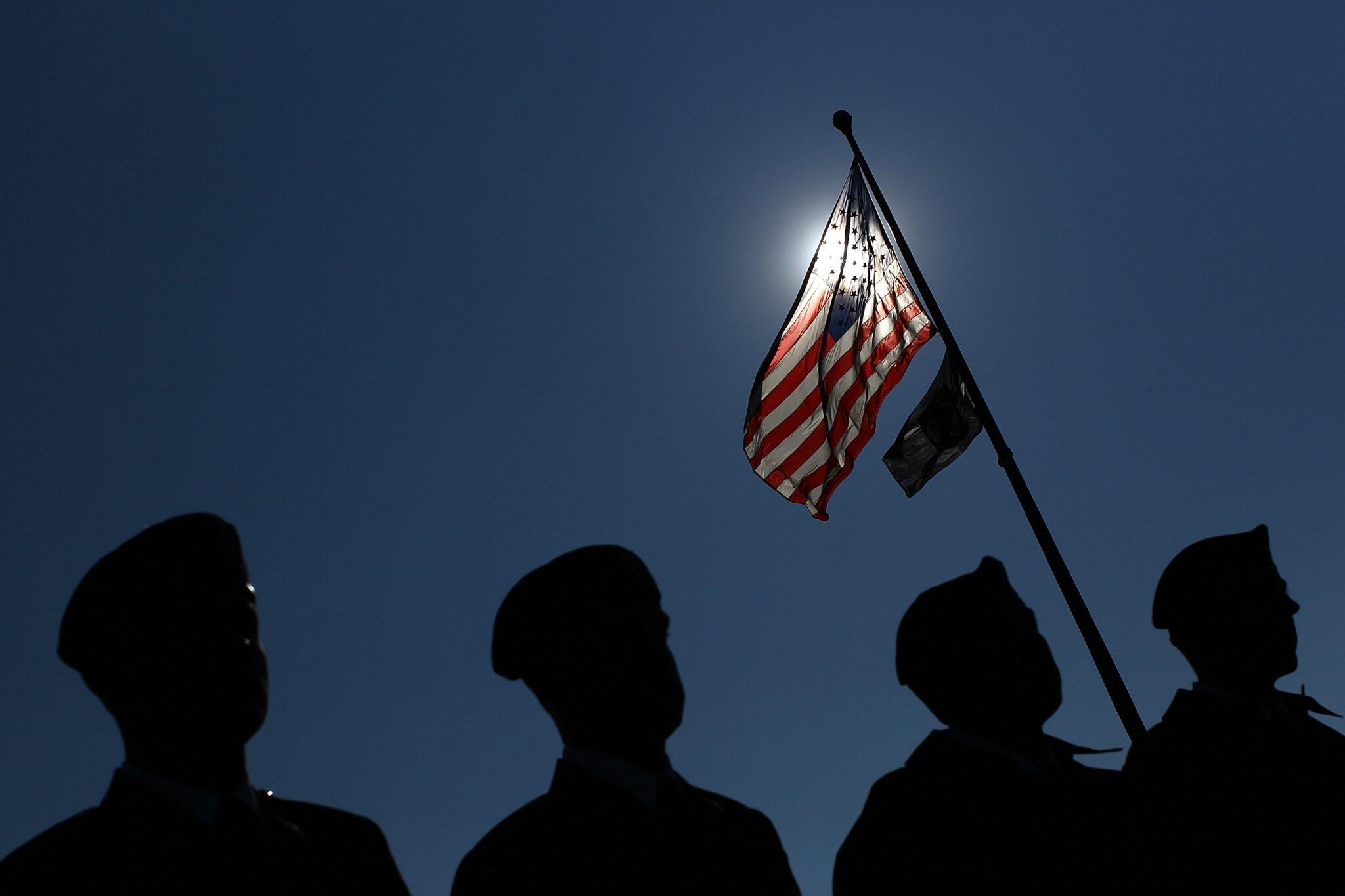Full federal appeals court will hear Maryland handgun case

A federal appeals court announced Thursday that it will reconsider a 2016 case challenging Maryland’s handgun qualification law, which the majority of a three-judge panel ruled in November was unconstitutional.
The case before the Fourth Circuit Court of Appeals will be heard en banc, or in front of the full court.
According to the court’s order, the case is tentatively scheduled for the oral argument session between March 19 and 22 in Richmond, Virginia.
“The ongoing gun violence plaguing our streets and our communities continues to take innocent lives and tear families apart,” Maryland Attorney General Anthony Brown (D) said in a statement. “I welcome the court’s decision to rehear this case and will continue to defend common-sense gun laws to protect Marylanders from these unnecessary and very preventable tragedies. Hopes and wishes do not take guns off our streets, but common-sense gun safety laws do.”
Mark Pennak, president of the gun rights organization Maryland Shall Issue and one of the plaintiffs who sued the state, wasn’t immediately available for comment.
The state’s Handgun Qualification Law passed in 2013 requires a person who wishes to buy a handgun to apply for a license.
A person must be a resident and at least 21 years old to qualify. In addition, an applicant must submit fingerprints, undergo a background check and complete a four-hour course that includes firing at least one live round at a firing range.
According to the court, a person could receive a license in 30 days.
In the November decision, the three-judge majority wrote the state failed to justify the law based on the state’s historical regulation of firearms, a new standard set by the U.S. Supreme Court.
In its arguments, the state pointed to colonial era laws regarding training of militia and to current state and federal laws meant to keep firearms from “dangerous people.”
“But the two historical examples that Maryland cites are not ‘relevantly similar’ to the challenged law,” the majority wrote. “And it has offered no other historical evidence to justify its law. Indeed, Maryland admitted at oral argument that it had not presented a proper historical analogue for the challenged law, noting that it had identified no founding-era laws that ‘required advance permission’ before a citizen could purchase a firearm.”
Proving a historical analogue is a key component of the June 2022 U.S. Supreme Court case New York State Rifle and Pistol Association v. Bruen. That decision marks a turning point in how government regulates firearms in the United States and spelled the end of Maryland’s concealed carry law.
In September, Second Amendment advocates won another Bruen-related victory when a U.S. District Court blocked provisions in the Gun Safety Act of 2023. The judge struck down provisions designating businesses that sell alcohol as sensitive places where firearms could not be carried, and by prohibiting guns in all private buildings unless the owner gave specific consent to allow them.
According to a Dec. 5 petition from Brown, he wrote the three-judge panel’s majority opinion “is inconsistent” with the U.S. Supreme Court’s Bruen decision.
“Under the majority’s reasoning, any licensing scheme that causes any delay in an individual’s exercise of Second Amendment rights (which is practically all licensing schemes, including the ones expressly approved in Bruen) would be constitutionally suspect,” Brown wrote. “This reasoning, which frustrates Maryland’s ability to ensure only that those bearing arms in the jurisdiction are, in fact, ‘law-abiding, responsible citizens,’ thus has significant public safety consequences.”
Gov. Wes Moore (D) welcomed consideration by the full court.
“Common sense gun laws are vital to my administration’s commitment to keeping guns out of the wrong hands and saving lives,” the governor said in a statement. “Since day one I’ve been clear — we have to do more than offer thoughts and prayers when it comes to addressing gun violence and I refuse to be a governor that just stands by and attends funerals while our communities continue to be terrorized.
“Every Marylander has the right to feel safe in their own neighborhood. We will continue to work in partnership with the state legislature, local leaders, advocates, and community members to introduce common-sense legislation that makes Maryland’s communities safer,” he concluded.




 Creative Commons Attribution
Creative Commons Attribution